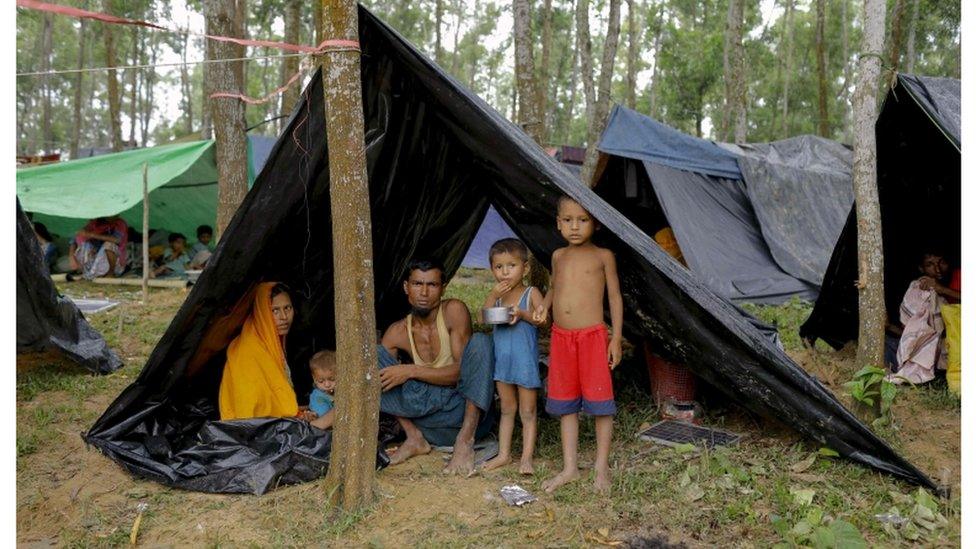Rohingya crisis: Myanmar rebuffs rebel ceasefire
- Published
Who is burning down Rohingya villages?
Myanmar has brushed off a one-month unilateral ceasefire announced by a Rohingya militant group in Rakhine.
The Arakan Rohingya Salvation Army (Arsa) announced a truce on Sunday, urging Myanmar's army to lay down weapons as well.
But government spokesman Zaw Htay said Myanmar would not negotiate with "terrorists".
About 294,000 Rohingya have fled to Bangladesh since violence erupted in Rakhine state last month.
Arsa attacked several police posts on 25 August, killing 12 people. In turn, this prompted a counter-insurgency clampdown from the security forces.
Rohingya residents - a stateless, mostly Muslim minority in Buddhist-majority Myanmar - say the military and Rakhine Buddhists are waging a brutal campaign against them, burning their villages.
Myanmar rejects this, saying its military is fighting against Rohingya "terrorists".
Arsa announced the ceasefire on Twitter, saying it was "in order to enable humanitarian actors to assess and respond to the humanitarian crisis" in Rakhine.
The group "strongly urges the Burmese [Myanmar] government to reciprocate this humanitarian pause", the statement added.
Myanmar's Rohingya have been described by the UN as "the most friendless people in the world", as Justin Rowlatt reports
However, Zaw Htay, a spokesman for the government, tweeted on Sunday: "We have no policy to negotiate with terrorists."
Meanwhile authorities in Bangladesh say they are struggling to cope with the influx of Rohingya with the country's foreign minister Mahmood Ali describing the violence in Myanmar as genocide.
The Rohingya arriving to Bangladesh are living in makeshift camps and despite efforts by both international aid agencies and local volunteers, water, food and medicines are in short supply.
Responding to fights and aid trucks being besieged by desperate Rohingya, Bangladesh has deployed extra police and soldiers in the area.
- Published11 September 2017
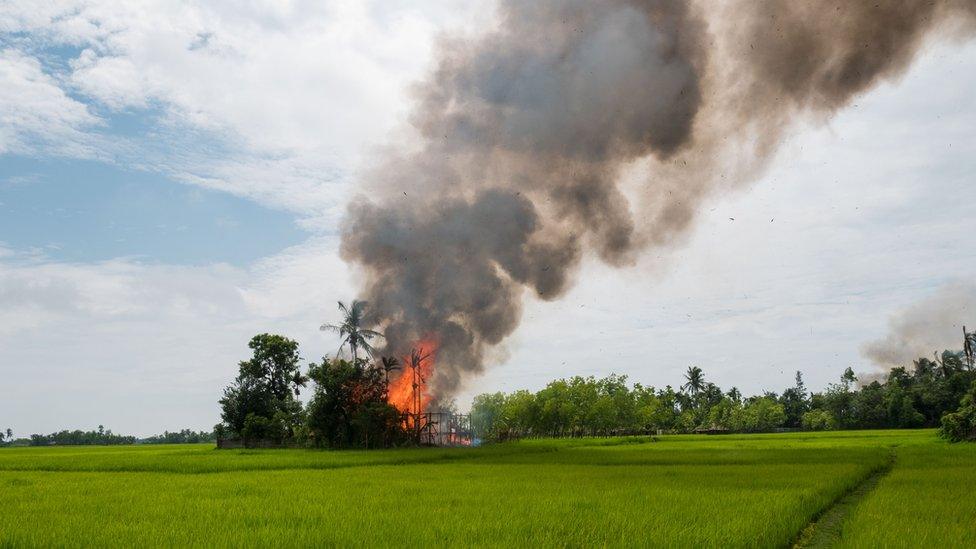
- Published7 September 2017
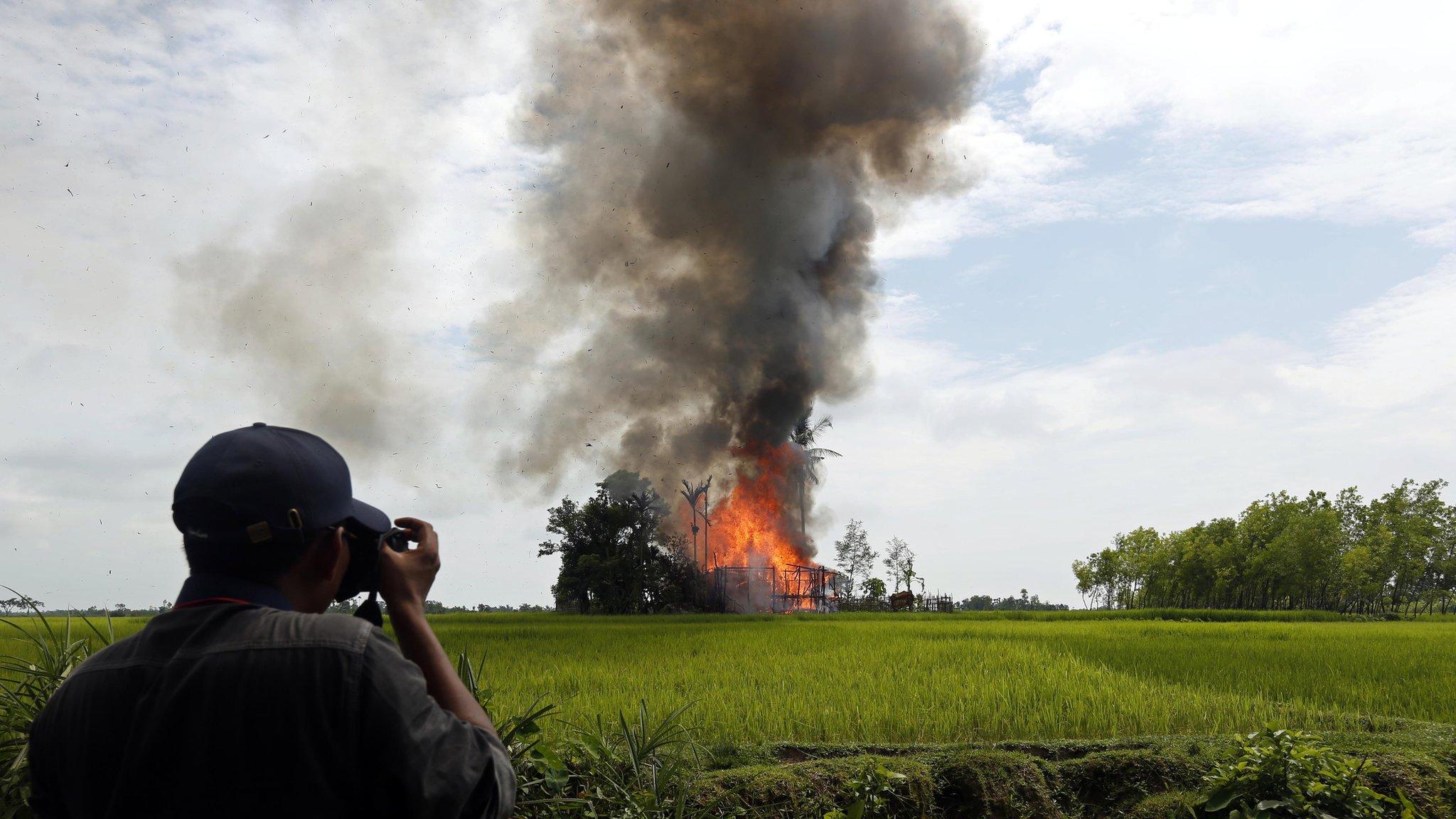
- Published4 September 2017
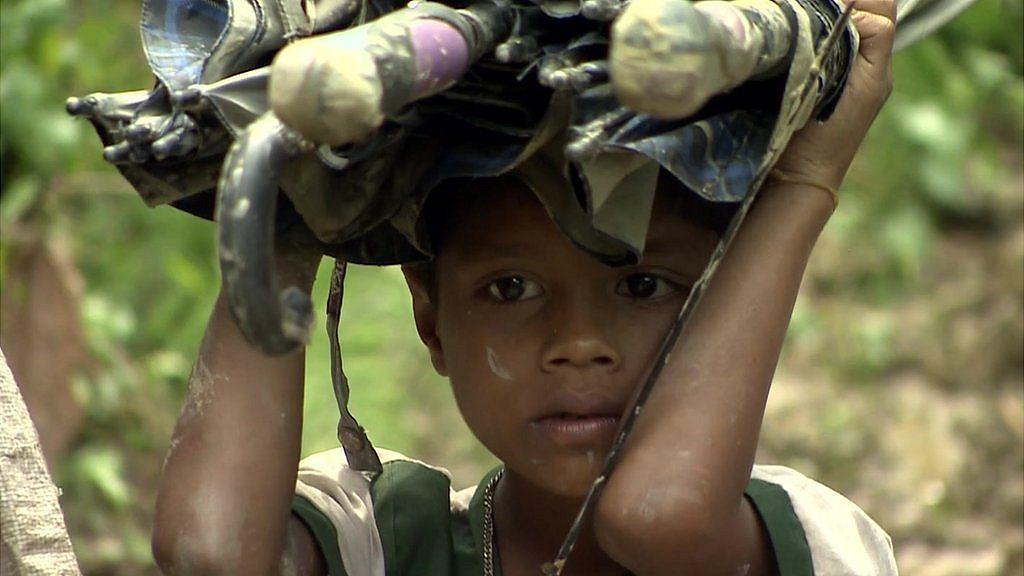
- Published2 September 2017
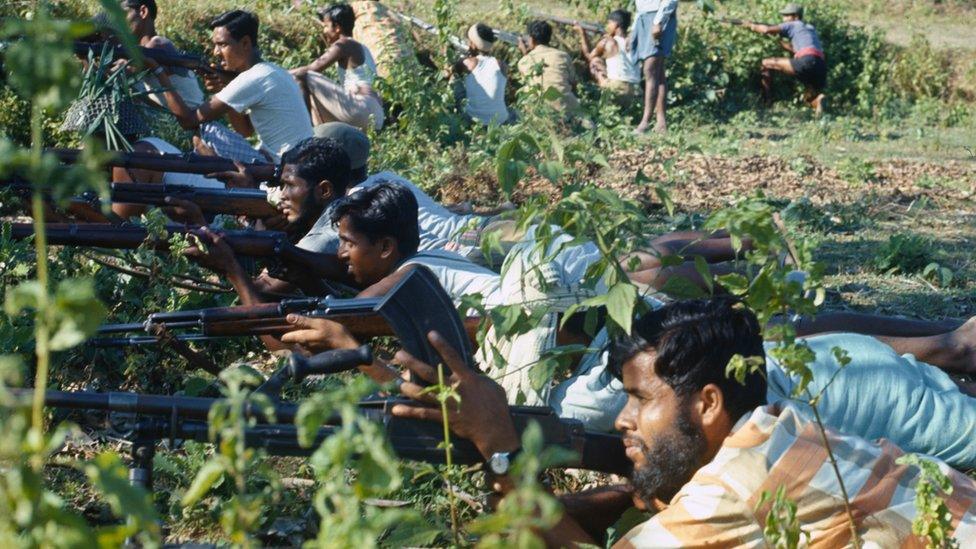
- Published19 September 2017
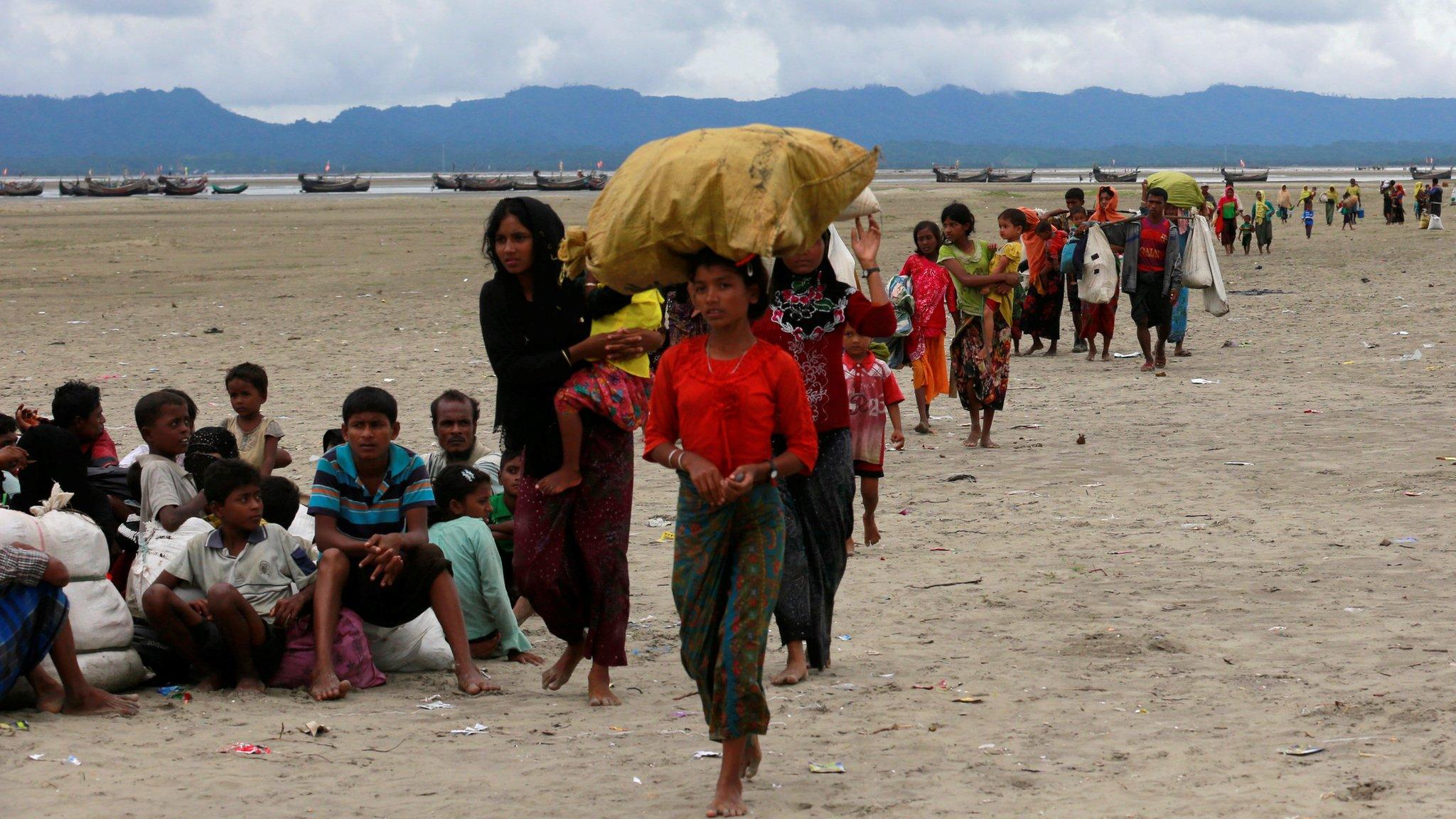
- Published6 September 2017
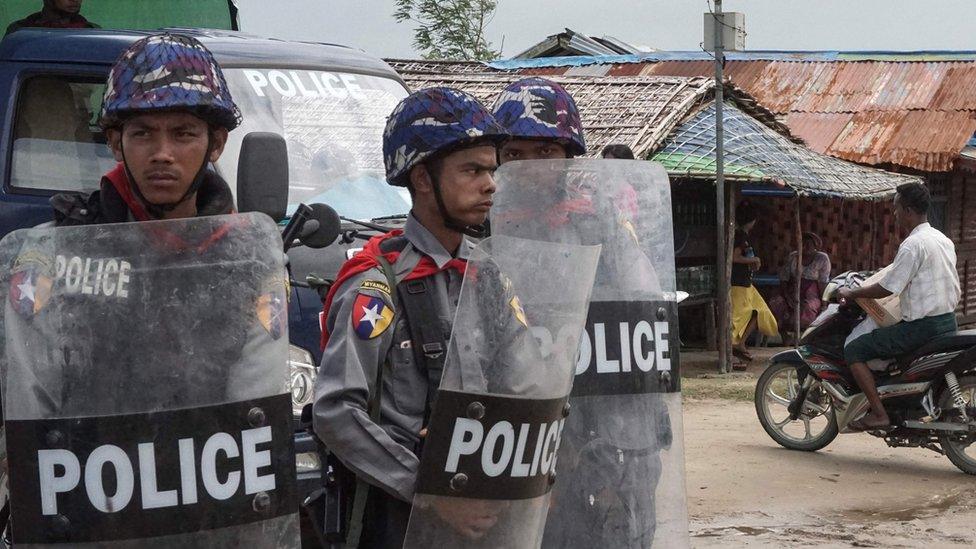
- Published5 September 2017
